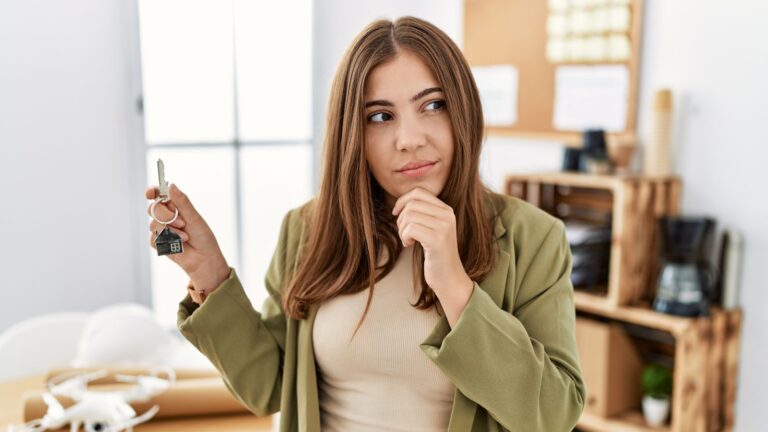Most people see living alone as an exciting transition that means more independence and freedom, but with it also comes the reality of staying safe. You’re more responsible for taking care of yourself and your home when you’re the only one in it, and there are many ways you can better secure your living environment.
Secure Your Doors and Windows

It may seem obvious, but your doors and windows are the first line of defence, so it’s worth giving them some extra attention. Make sure your front and back doors are solid and fitted with high-quality locks like deadbolts or chain locks, and it’s always a good idea to check your windows, too, especially if you’re on the ground floor.
Install a Peephole or Door Camera
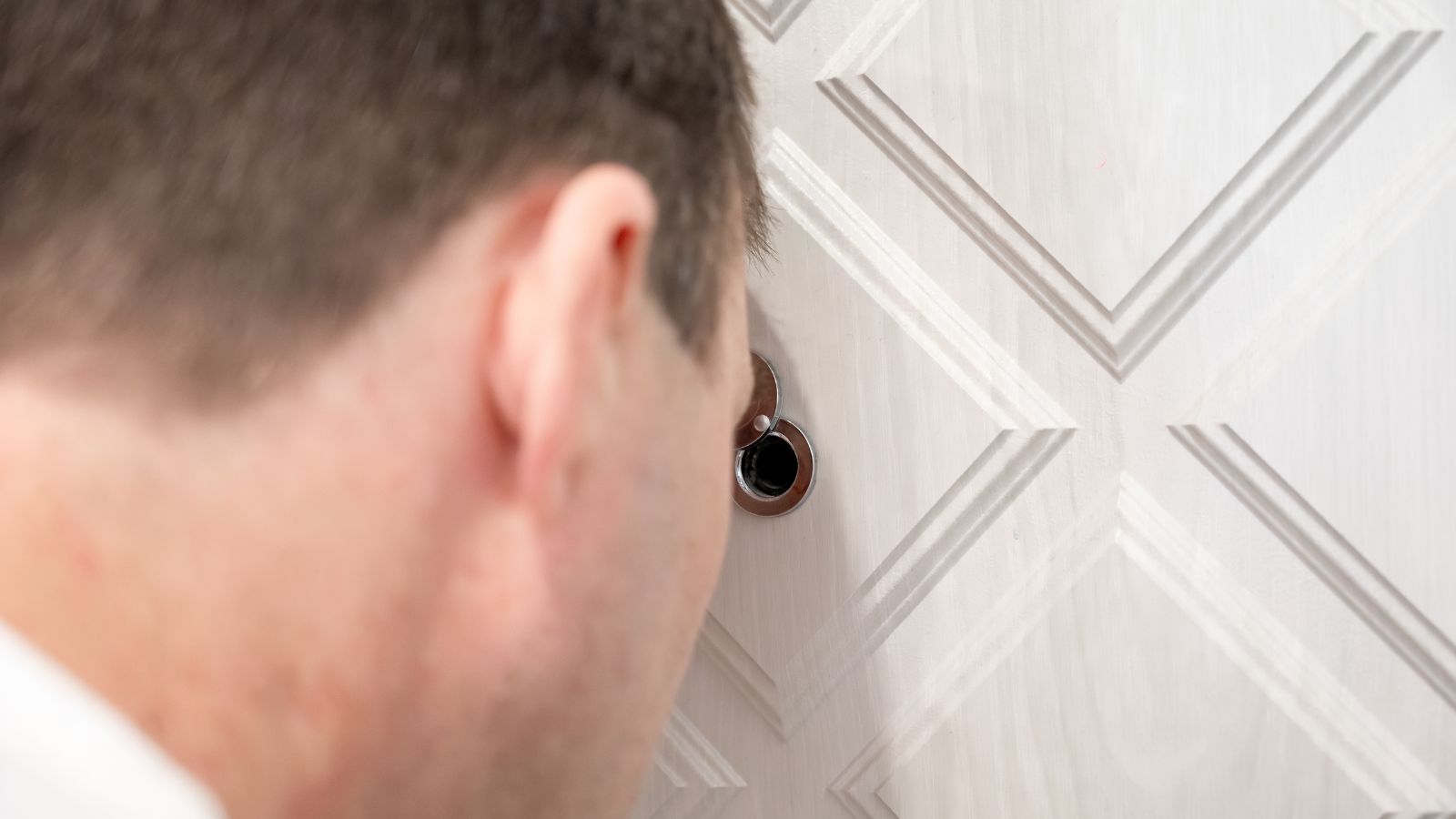
Opening the door without knowing who’s on the other side can be unnerving, especially when you’re alone, therefore, installing a peephole is a simple solution. If you’re looking for something more on the modern side, then a doorbell camera is worth considering so that you can see visitors and even speak to them through your phone.
Get to Know Your Neighbours
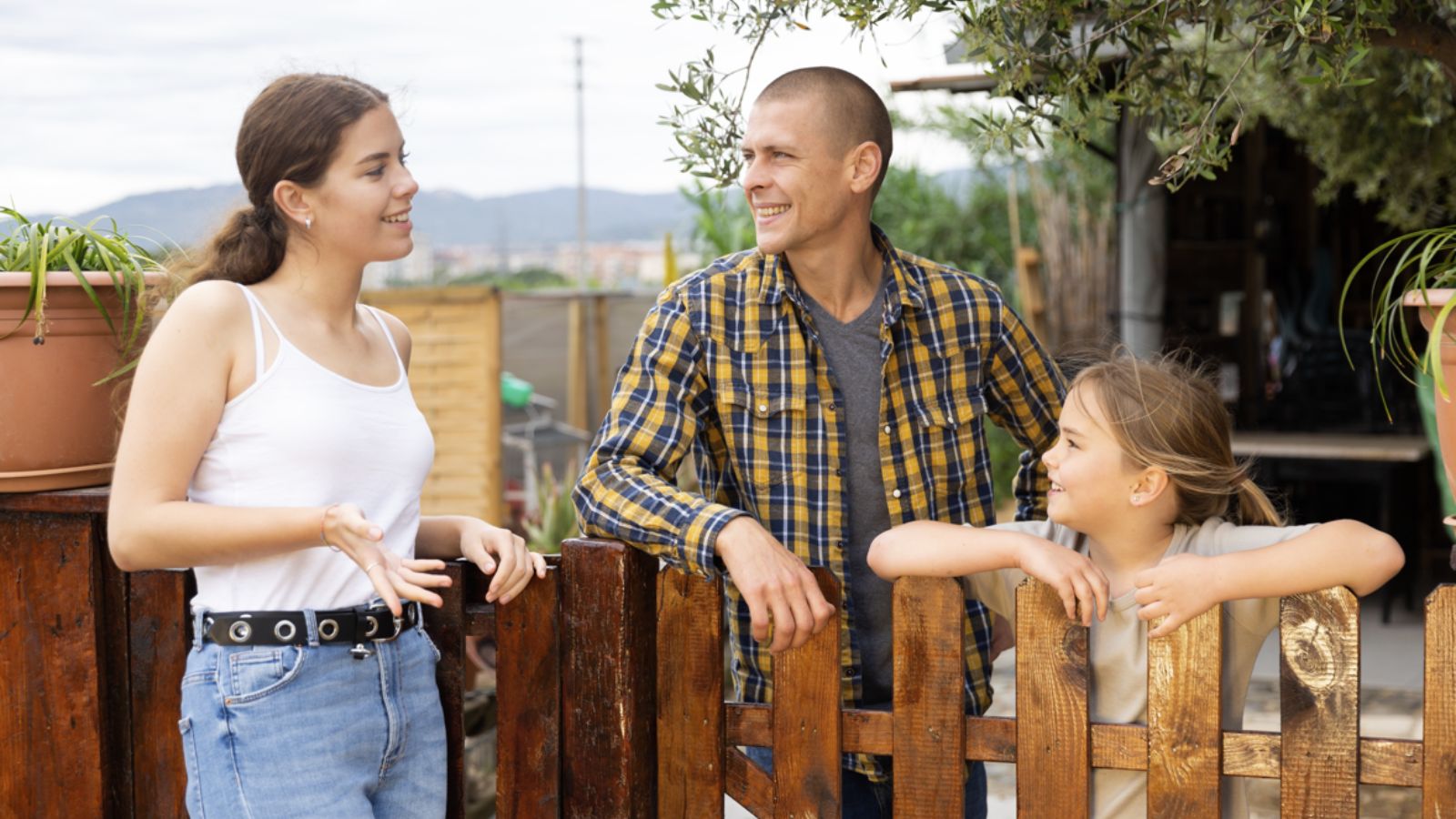
A friendly relationship with your neighbours can go a long way in creating a sense of security because not only can they keep an eye out for unusual activity, but they might also lend a hand when you need one. A quick chat over the fence or a smile in the hallway could be the start of a supportive connection, and a bonus is that they can watch your property while you’re on holiday.
Invest in Smart Home Security
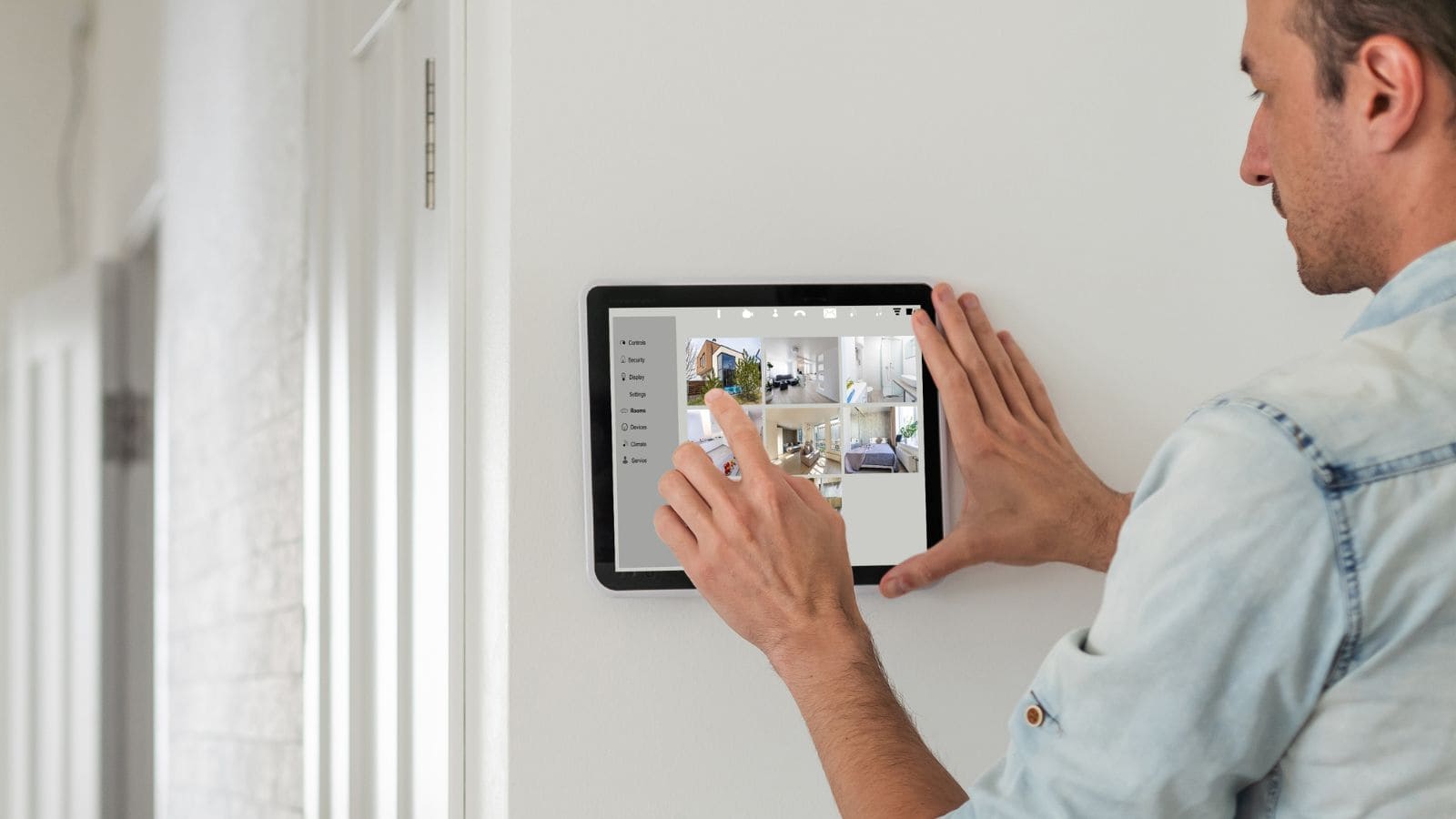
Technology has made home security more accessible than ever, and smart home security systems can be tailored to your needs, whether you want a simple camera setup or a full system with motion sensors, alarms, and smartphone controls. Brands like Yale and Hive offer UK-friendly options that are easy to install and use.
Be Mindful of Deliveries
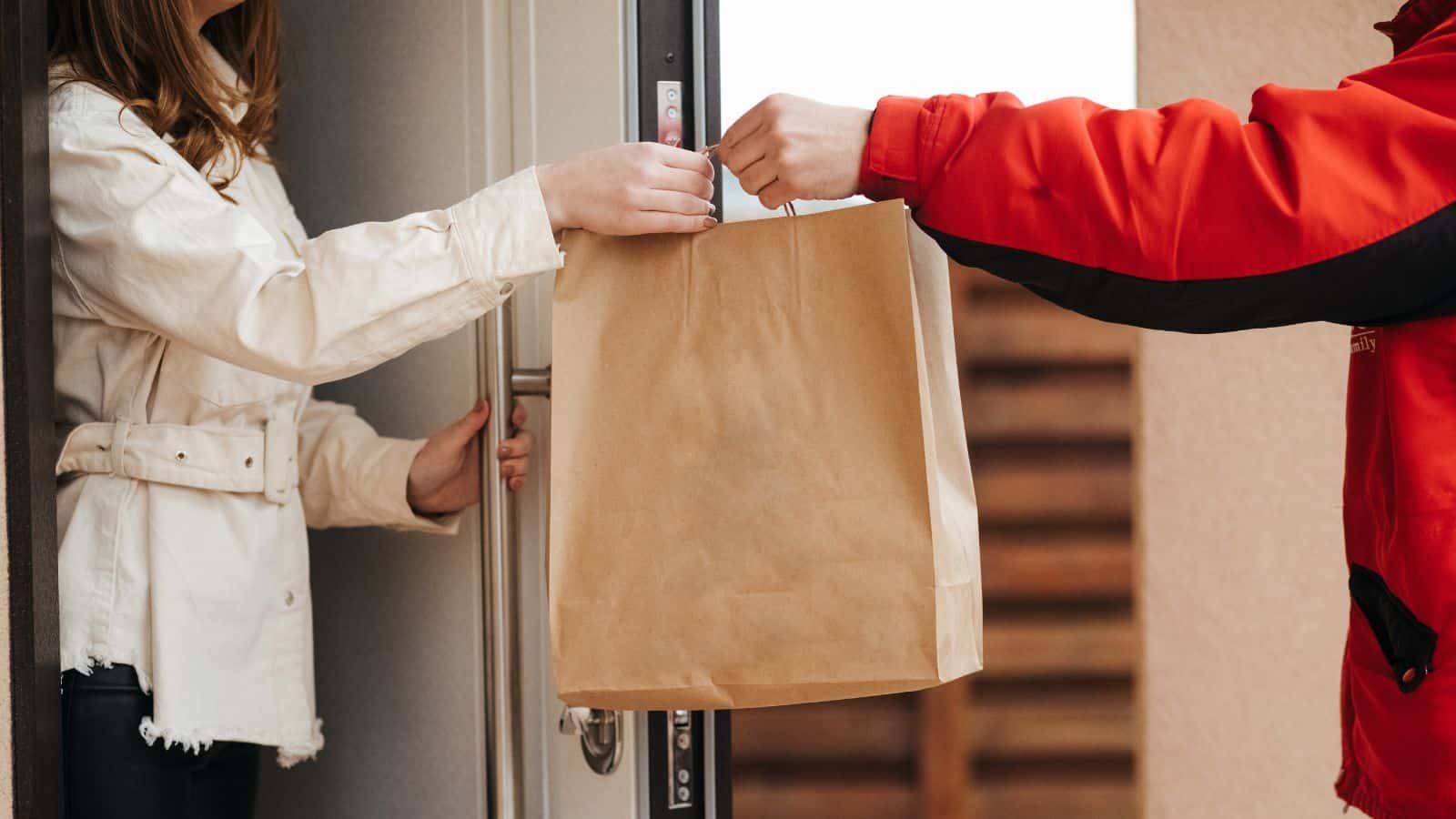
Online shopping is convenient, but unattended parcels can draw the wrong kind of attention, so if you’re regularly ordering items, consider using a secure delivery box or arranging for packages to be left with a trusted neighbour or at a collection point. Many couriers in the UK, like Royal Mail or DPD, offer tracking options so you can time your pickups perfectly, which is the safest option.
Avoid Oversharing on Social Media

Adjust your privacy settings on platforms like Facebook and Instagram to control who sees your posts, and posting about your travels or nights out after the fact, rather than in real-time, is another simple way to keep your movements less predictable. While it’s tempting to share snapshots of your life online, be cautious about what you post, especially if it reveals personal details.
Keep Emergency Contacts Handy

In a moment of crisis, having the right contact information can save precious time, so make a list of key numbers, like your GP, local police non-emergency line, and a few trusted friends or family members. Save them on your phone, but also write them down and keep the list somewhere easy to find.
Light Up Your Home
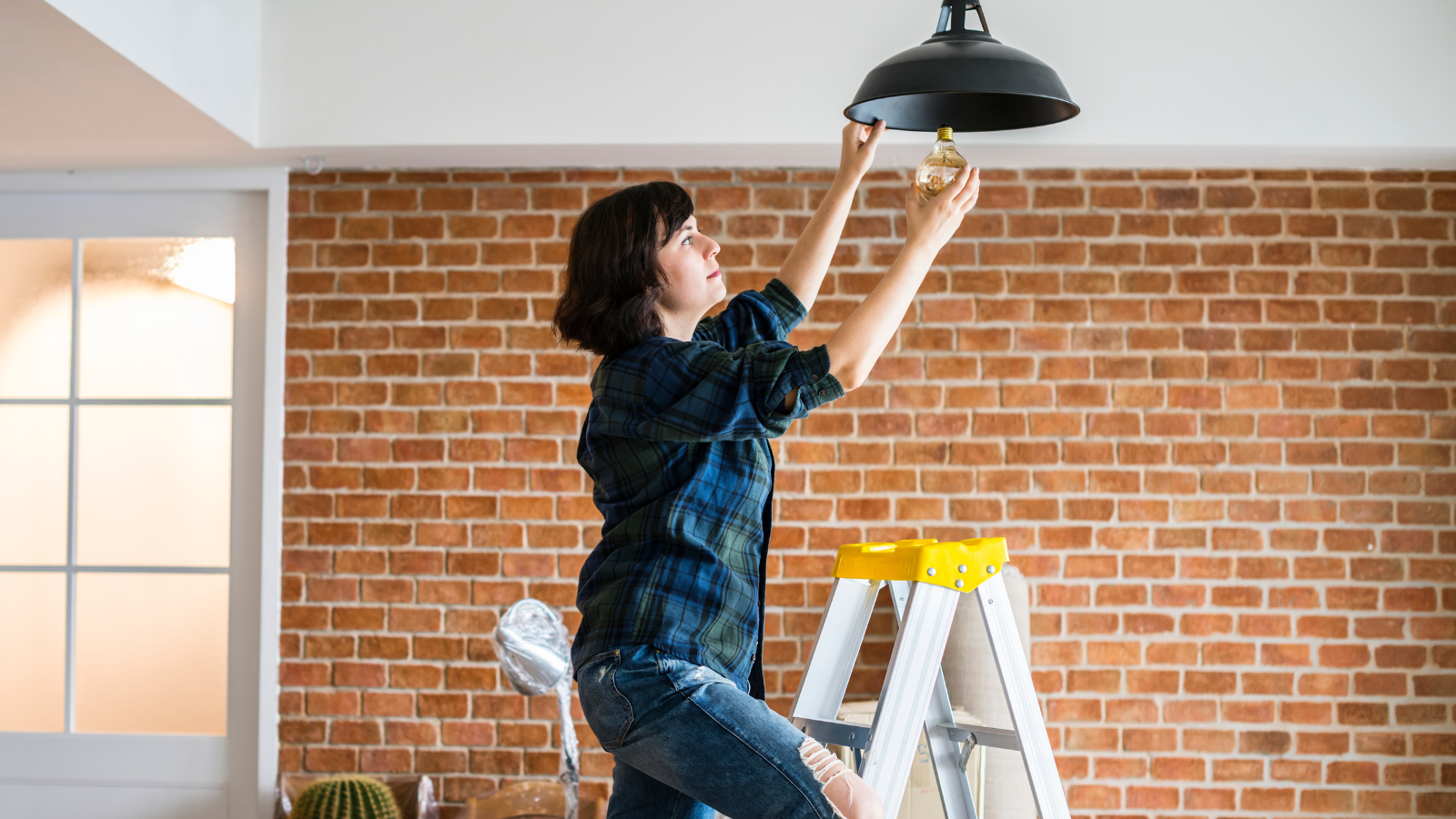
Good lighting is a key part of home security, as well as just being cosy to have anyway, while outdoor motion sensor lights are brilliant for deterring trespassers. Inside, you can use timers or smart plugs to turn lights on and off when you’re away, making it look like someone’s home, remembering that well-lit homes are more deterring to intruders.
Check Your Home Insurance

Don’t overlook home insurance: review your policy to ensure it covers potential risks like theft or damage, and many UK insurers also offer services like replacing locks after a break-in, which can be a lifesaver in stressful situations. If you’re renting, check with your landlord about their coverage and what you might need to arrange yourself.
Be Cautious with Strangers at the Door

It’s important to be wary of uninvited visitors, whether they claim to be a tradesperson, a courier, or someone collecting for charity. Genuine professionals will always carry proper identification and shouldn’t mind if you double-check their credentials, but if you’re unsure, call the company they represent to confirm.
Learn Basic Self-Defence
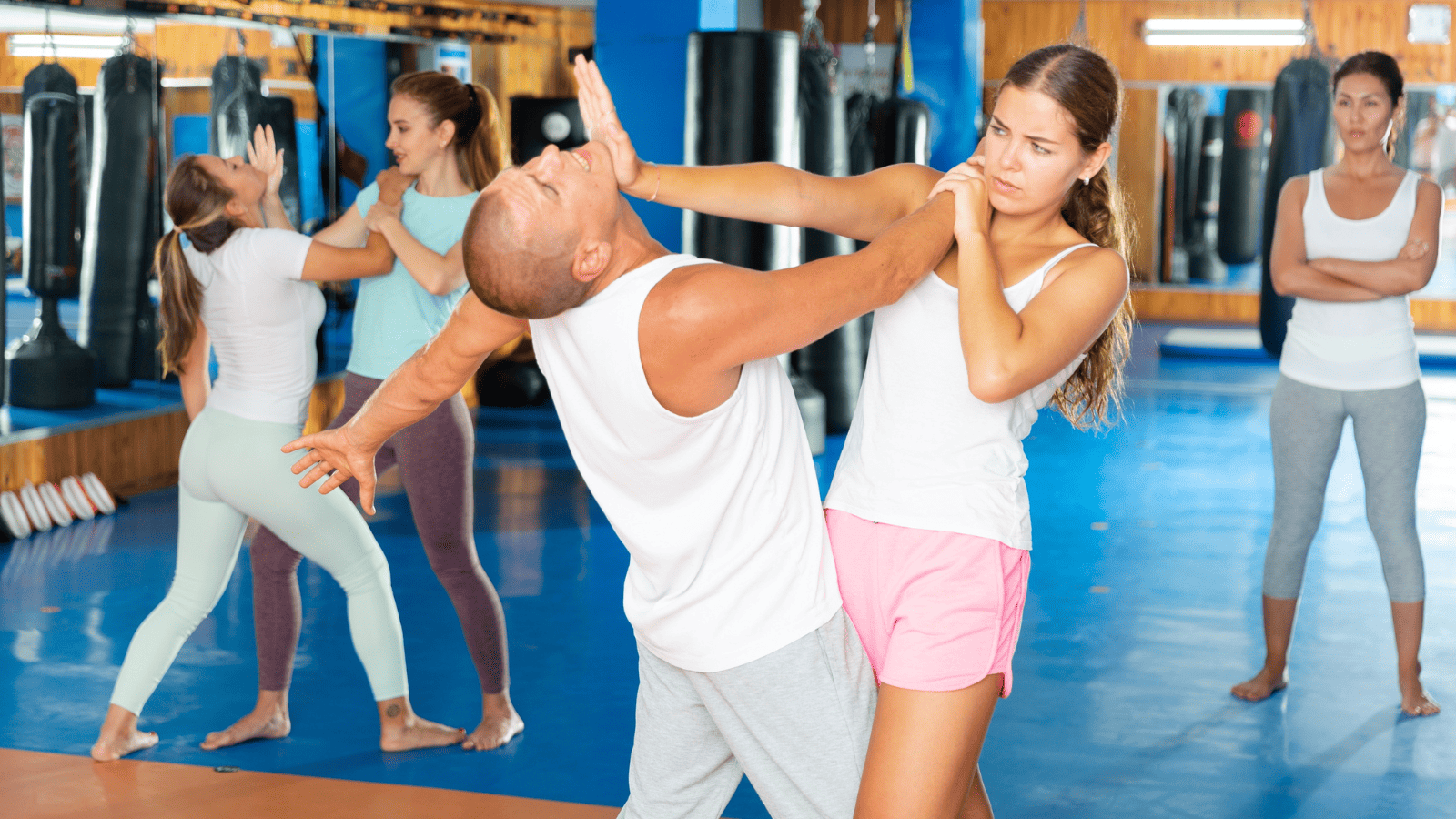
Feeling physically confident in your ability to protect yourself can make a huge difference in how safe you feel living alone. Local councils and community centres often offer affordable self-defence classes where you can learn simple techniques to handle potential threats so that you know how to stay calm and respond effectively in risky situations.
Secure Your Wi-Fi Network
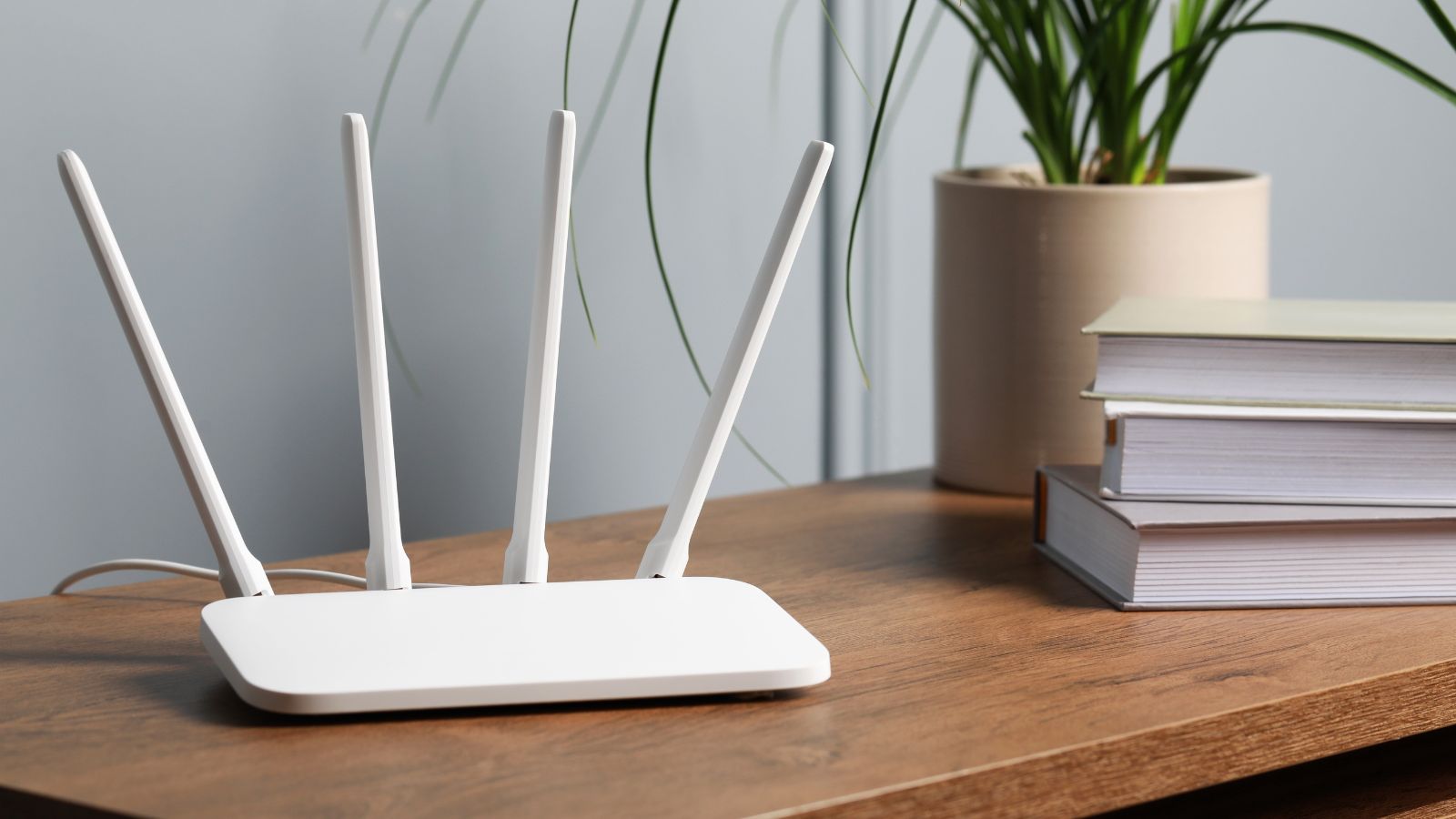
A strong, unique password for your Wi-Fi network ensures that only you and trusted guests can access it and securing your internet network is just as important as securing your home itself. Regularly update your passwords and avoid sharing them unnecessarily, too.
Use Fire Safety Precautions

Fire safety is something every home should prioritise, and living alone means the responsibility falls entirely on you, therefore check your smoke alarms regularly and make sure they’re functioning properly. Avoid overloading electrical sockets, and always keep flammable items like candles or cooking oils away from heat sources.
Have a Code Word with Trusted Friends

Sometimes, a subtle way to ask for help is the safest; a good idea is to create a code word or phrase with a few close friends or family members that you can use in text messages or phone calls if you’re ever in trouble. It’s a discreet way to signal that you need assistance without raising an alarm in front of others.
Maintain Privacy from Strangers

When interacting with people you don’t know well, like delivery drivers or service providers, avoid mentioning that you live alone. Small details can slip out without you realising, so it’s better to stay vague, such as always saying “We” instead of “I” when talking about the household.
Be Aware of Your Surroundings

Whether you’re walking home at night or running errands during the day, staying alert is one of the simplest yet most effective safety habits, especially around your own front door if you’re rummaging in your bag for keys, too. Stick to well-lit streets, avoid shortcuts through isolated areas, and keep your phone accessible without being glued to it.
Regularly Test Locks and Alarms

Locks and security systems aren’t things you set up once and forget about, as over time, they can wear down or stop working properly. If you notice anything broken or sticking, don’t put off fixing it—addressing small issues early can save you from bigger problems later—and set up a routine to regularly check them.
Avoid Routine Patterns
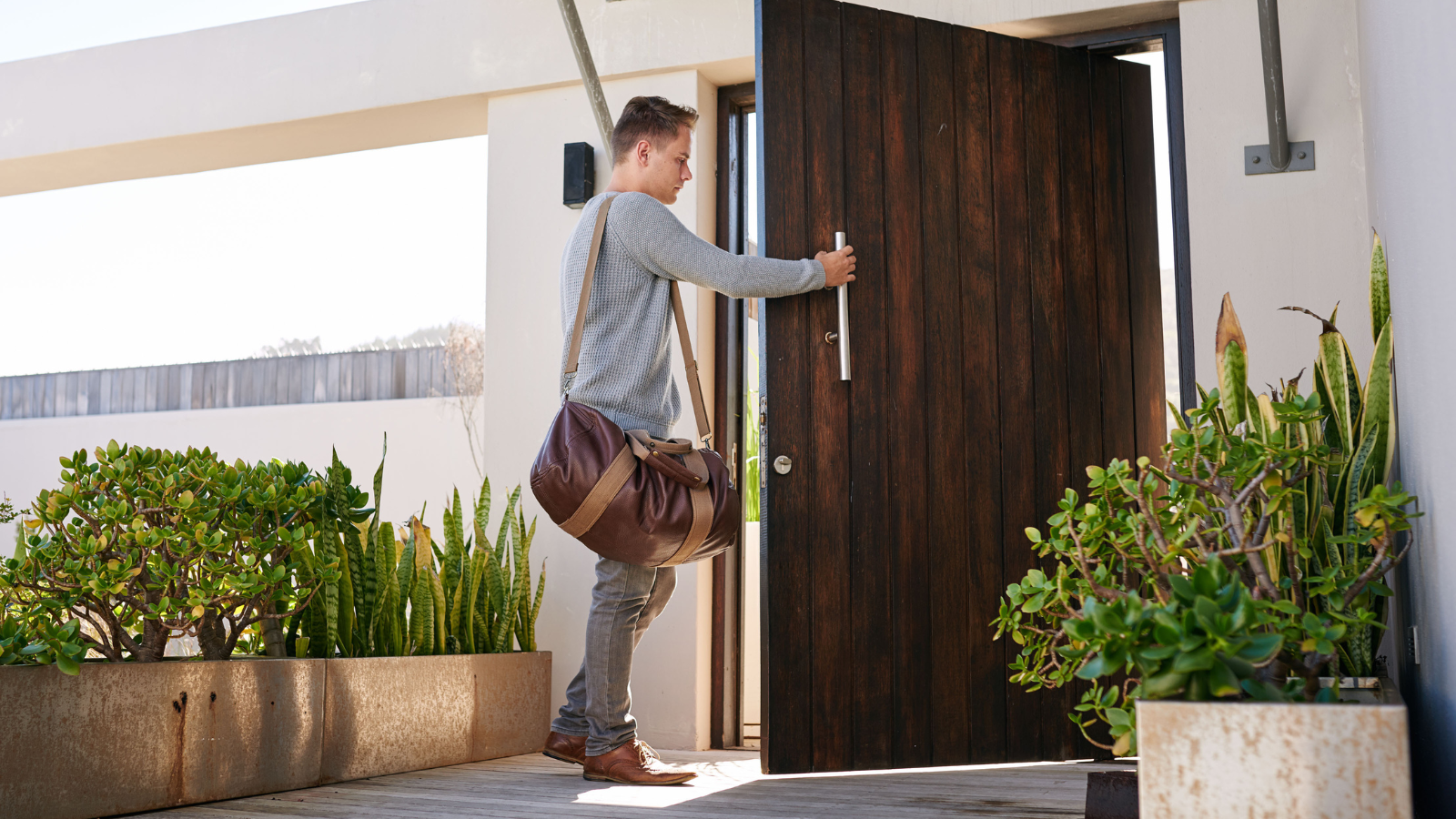
While routines make life easier, they can also make your movements predictable, such as if you always leave the house at the same time or follow the same walking route. This becomes easier for someone to track your habits, so switch things up every now and then, such as leaving a little earlier, or taking a different path.
Trust Your Instincts

At the end of the day, your gut instinct is going to be the best alarm bell, so listen to it. If something doesn’t feel right, it probably isn’t, such as deciding not to let someone in, avoiding a certain street, or calling for help—intuition is a powerful tool, after all, so make sure you’re using it.

